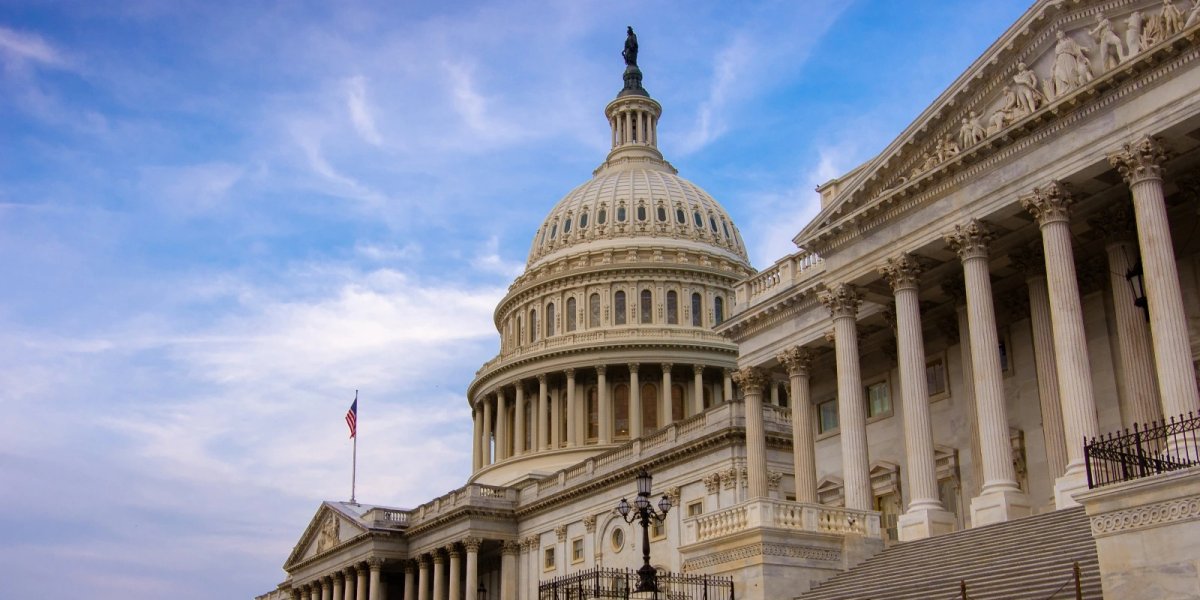The government shutdown in 2025 began at midnight on October 1 after Congress failed to pass a funding bill. Essential missions tied to national defense, safety, and property protection are deemed “excepted” and will continue without interruption. That means Soldiers, Sailors, Airmen, Marines, Guardians, and Coast Guardsmen still report for duty. But the paycheck you expect on October 15 may not arrive on time.
This isn’t new territory—shutdowns have happened before—but it creates real stress for military families who live on tight budgets and can’t afford to wait weeks for back pay.

Military Pay Under the Shutdown
The law is clear. Because of the Antideficiency Act, the Department of Defense can’t legally pay troops during a lapse in appropriations. You’ll still work, but pay is withheld until Congress either passes a funding bill or a separate law that guarantees troop pay.
- The October 1 paycheck was already processed and delivered.
- The October 15 paycheck is the first one at risk if the shutdown drags on.
- Bills like the “Pay Our Troops Act” have been introduced but haven’t passed.
- Once Congress acts, all military personnel are expected to receive full back pay.
“Active-duty personnel must continue to report … but they will not be paid during a government shutdown.” – Congressional Research Service
PCS, Travel, and Daily Operations
Mission-essential duties continue across every branch. Training, deployments, and operational support aren’t stopping. Where troops may see disruption is in administrative or civilian-heavy support functions.
Permanent Change of Station (PCS) and Temporary Duty (TDY) orders are generally paused unless already funded or deemed critical.
If you’re preparing for a move or travel, check with your transportation or travel office before spending money you might not get reimbursed for right away.
TRICARE and Medical Care
One thing you can count on during the government shutdown 2025 is healthcare. TRICARE remains active. Military Treatment Facilities stay open, and private network providers continue to see patients. Emergency and urgent care won’t be affected.
Where you may notice change is in routine or elective care—some appointments could be delayed if civilian staff are furloughed. Claims processing may also take longer than usual, especially if the shutdown lasts.
Schools, Child Care, Commissaries, and Exchanges
DoDEA schools remain open and will follow their published schedules. Your kids’ classrooms are secure, though some extracurriculars or sports programs may pause.
Child Development Centers (CDCs) directly tied to readiness stay open. MWR programs, gyms, and recreation services may reduce hours or close depending on staffing and funding.
Groceries and essentials remain available. Commissaries are expected to stay open for about 60 days using cash reserves. Exchanges—including AAFES, NEX, MCX, and CGX—remain open worldwide for all branches.
Guard, Reserve, and Coast Guard
For Guard and Reserve members, the rules mirror active-duty. If you’re on federal active-duty orders, you keep working but face the same risk of delayed pay. Drill weekends, however, are often canceled or postponed during a funding lapse.
Coast Guard members, under the Department of Homeland Security, also continue their missions—from search and rescue to port security—but do so without pay until appropriations are restored.
Benefits, Insurance, and VA Services
Your Servicemembers’ Group Life Insurance (SGLI) remains active during the shutdown. If premiums can’t be deducted, they’ll be reconciled once pay resumes. Death gratuities remain authorized, though funding may require temporary workarounds.
Veterans Affairs (VA) programs are funded separately. VA healthcare continues, and hospitals and clinics remain open. Regional offices may reduce services, but disability, pension, and survivor benefits continue.
Financial Help You Can Tap Now
If October 15 comes and goes without pay, there are real options for relief.
Each branch has its own relief society: Army Emergency Relief, Air Force Aid Society, Navy-Marine Corps Relief Society, and Coast Guard Mutual Assistance.
These organizations can provide emergency loans or grants for rent, food, utilities, and other essentials.
Major military banks are also stepping up. Navy Federal Credit Union offers 0% APR paycheck-gap loans for eligible members. USAA has announced no-interest loans and flexible payment relief for account holders affected by the shutdown.
Don’t wait until you’re in crisis—register and reach out early if you think you’ll need help.
How to Protect Yourself Right Now
- Double-check your October 1 deposit and budget as though October 15 won’t arrive on time.
- Register with Navy Federal or USAA now if you want access to paycheck-gap loans.
- Reach out to your relief society early—don’t wait until bills pile up.
- Confirm with your chain of command before making PCS or TDY moves.
- Keep TRICARE appointments, but call ahead to confirm scheduling.
- Stay updated on base-specific changes for commissary, exchange, and CDC hours.
- Know your rights under the Servicemembers Civil Relief Act (SCRA). It protects against eviction, caps interest rates, and provides other safeguards during financial strain.
Moving Forward Together
Every branch—Army, Navy, Air Force, Marine Corps, Space Force, and Coast Guard—continues to serve during the government shutdown 2025. The work doesn’t stop, but the uncertainty around military pay is real, with October 15 looming large if Congress doesn’t act.
You’re not alone in this. Relief societies, banks, credit unions, family readiness groups, and your chain of command are all standing by to help you weather the storm. Reach out early, share information with your families, and lean on the support systems available to you. The shutdown will end, and back pay will come, but until then, staying informed and connected is the best way to protect your household and your mission.
Suggested reads:



